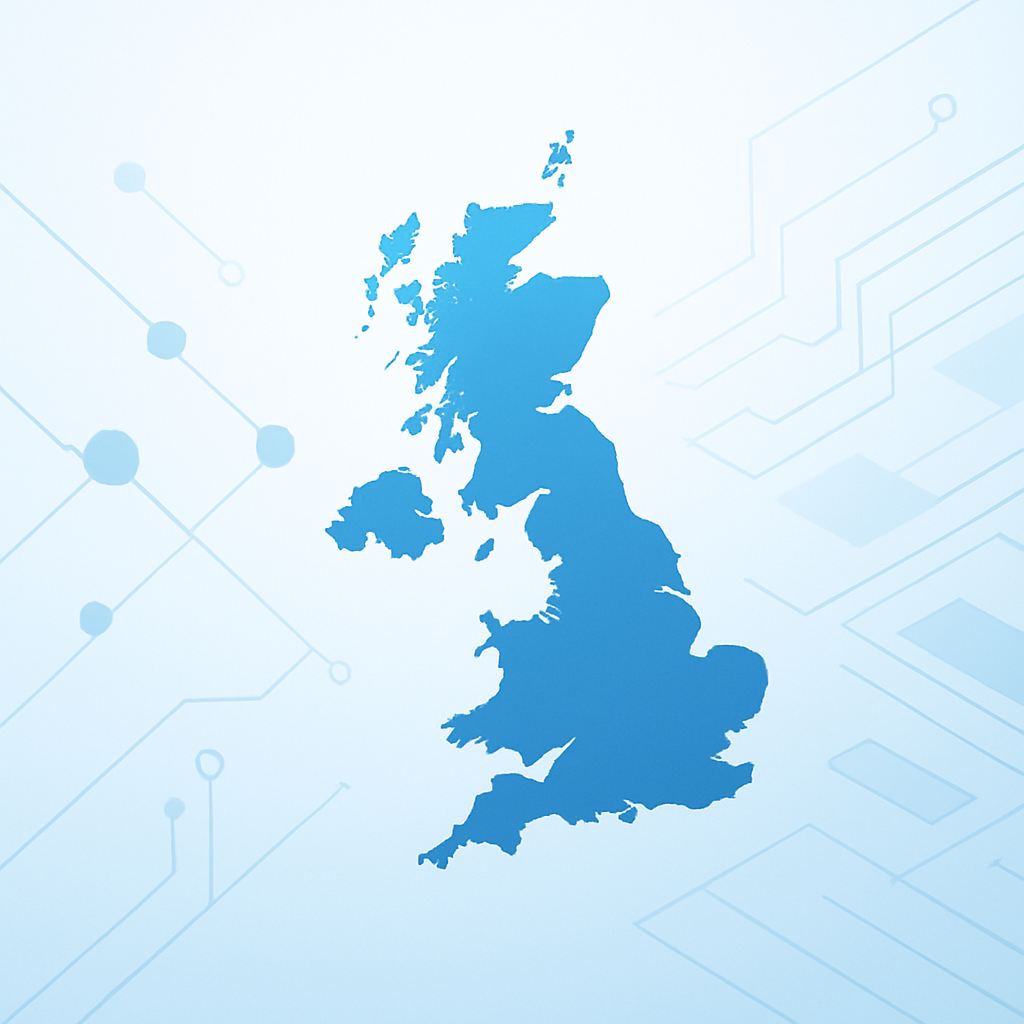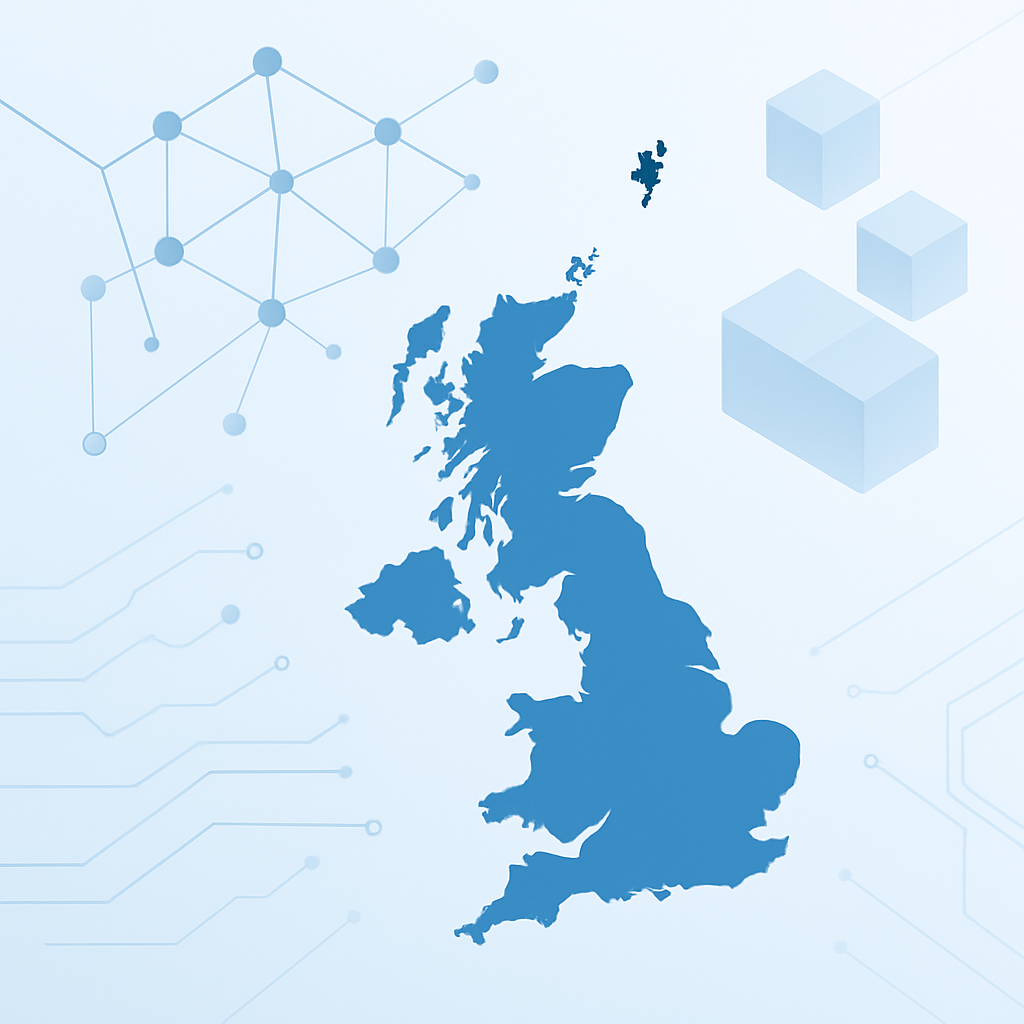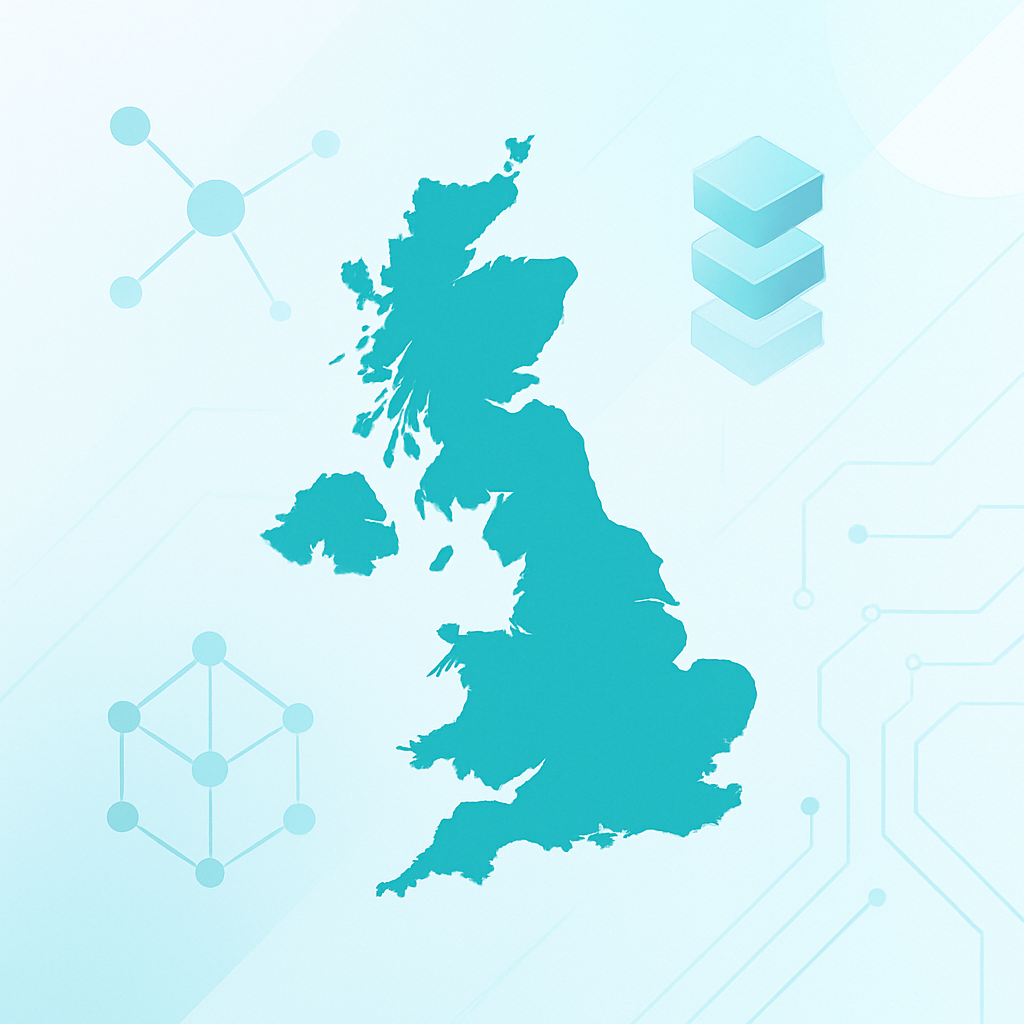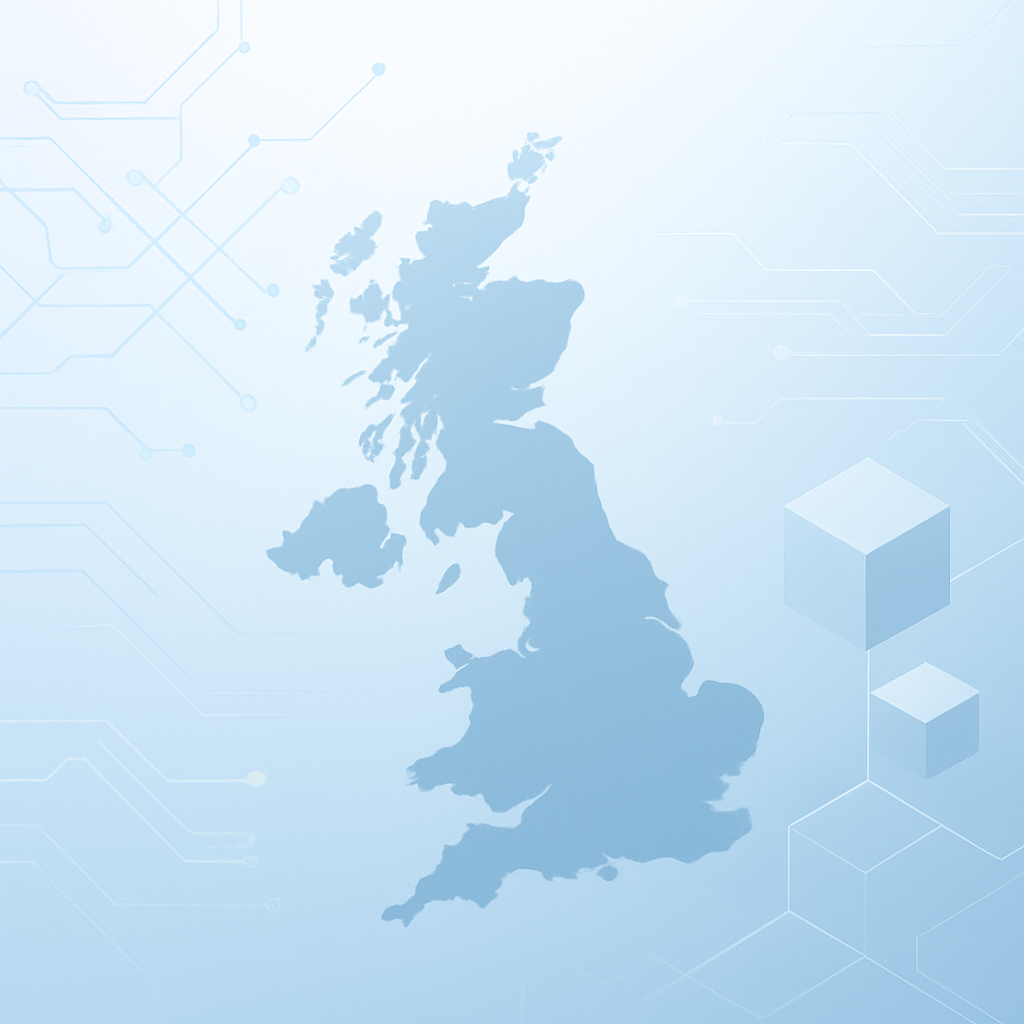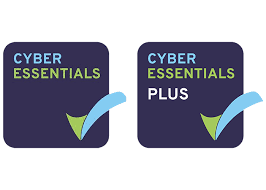Google Workspace Is Stepping Out of Microsoft’s Shadow, and Into Its Market.
At this year’s Google I/O, the tech giant made a decisive move in the productivity software arena. Google Workspace’s latest enhancements, powered by Gemini AI signal a deeper shift, a move towards AI-native, collaborative platforms designed for the modern enterprise.
The timing couldn’t be more telling. Microsoft’s controversial shutdown of its long-standing Cloud Solutions Provider (CSP) program in favour of the “New Commerce Experience” (NCE) has already left many IT providers and businesses frustrated. NCE brought steeper pricing, rigid terms, and additional administrative burden, all in the name of predictable revenue and shareholder satisfaction. In doing so, it inadvertently opened the door for Google Workspace. Now, Google appears to be walking through it.
With seamless Gemini integration across Docs, Sheets, Slides, Gmail, and Meet, Google is not just keeping pace with Microsoft 365, it’s setting a new one. These aren’t bolt-on AI features; they’re deeply embedded capabilities that reshape how users write, present, analyse, and collaborate.
Microsoft still enjoys deep enterprise penetration, and admittedly offers a very good solution, if not clunky and slow to manage. As such many IT leaders are re-evaluating that loyalty. The friction introduced by NCE, paired with Google’s growing momentum in AI-first tools, makes Workspace a far more serious contender than ever before. For businesses burned by Microsoft’s commercial pivot, the appeal of a simpler, more innovation-led alternative is growing.
I think the larger image here is more than a battle between office suites, this is the emergence of a new category: intelligent work platforms. These systems don’t just hold documents, they proactively shape workflows, anticipate user needs, and adapt dynamically to business context. And perhaps most importantly save time, organise a team members day and give back the most precious commodity. Time. Google’s latest updates mark a step firmly in this direction.
Perhaps the gap most closed by these changes are auditing and compliance, Google has enhanced its security posture, with improvements in context-aware access, DLP, and AI transparency, large-scale enterprise adoption hinges on trust. Businesses demand clarity around how data is used, how AI models are governed, and how these tools integrate into existing compliance ecosystems. Google has moved firmly towards these values.

